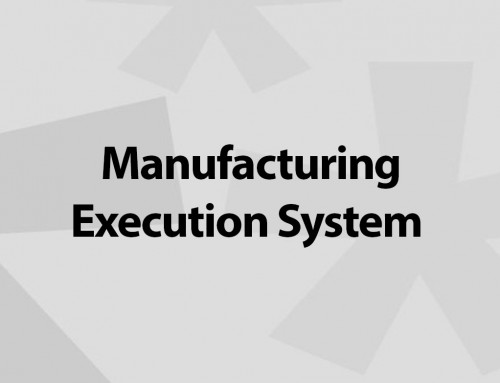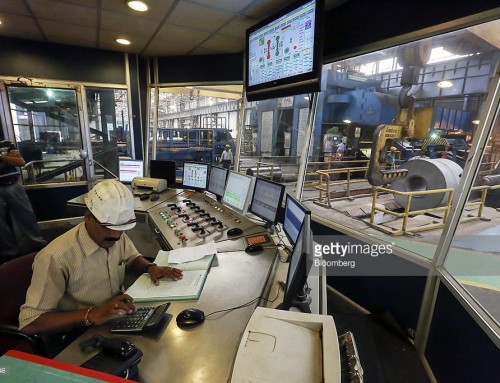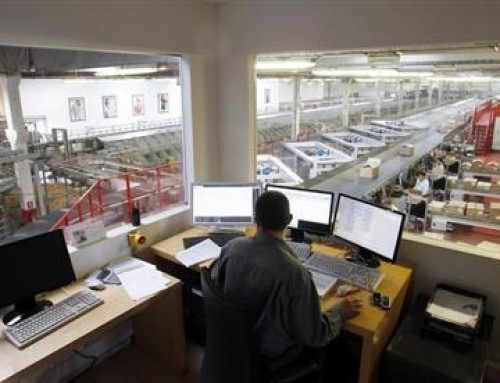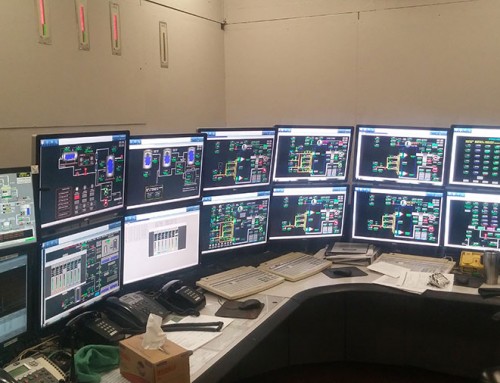Benefits of Simulation Training
 Implementing automation systems can provide countless benefits to your operations. However, it can be difficult for employees to transition if they need to learn a new system. They may be surrounded by interfaces and batch controls that they have never dealt with before. If you don’t take the time to train your employees properly, it can lead to inefficiencies and vulnerabilities within your system as well as problems with overall plant operations.
Implementing automation systems can provide countless benefits to your operations. However, it can be difficult for employees to transition if they need to learn a new system. They may be surrounded by interfaces and batch controls that they have never dealt with before. If you don’t take the time to train your employees properly, it can lead to inefficiencies and vulnerabilities within your system as well as problems with overall plant operations.
Simulation training can help to eliminate a variety of problems. When you invest in employee training, you also boost the confidence of your employees and show that you are willing to invest in them. It can reduce errors in operation and also lead to lower employee turnover because employees will be more confident and efficient on the job.
Simulation Training Provides Practical Learning Opportunities
PC-based simulation can reduce operator training costs and result in more practical hands-on training. Humans are visual learners by nature, simulation training allows users to perform their tasks through a simulation before having to address issues in real-time, yielding a higher level of success. Simulation training can help to alleviate the stress involved with learning a new automation system. Particularly for employees who have never been on the ground floor of the plant.
There are quite a few benefits to simulation training, and when employees learn through this method, they are likely going to have a greater understanding of how automation works and how to make improvements within your plant. You are less likely to deal with accidents, injuries, or system outages when you take the time to train employees sufficiently.
Some of the benefits found with simulation training include:
– Affordable training
– Improves quality of response
– Improves response time
– Offers a faster practical training method
– Meets regulatory requirements
Another added benefit of using simulation training is that employees can be exposed to various emergency situations while in simulation mode. This will allow employees to learn what they need to do in the event of a problem. It can improve response time and overall quality of response, something that cannot be taught during standard training.
In the end, your goal is to set your employees up for the highest level of success. You want them to better understand plant operations and maintain productivity. Simulation training can integrate with your existing system. As long as you keep it up-to-date, it can be a significant benefit.
Control system engineering is changing drastically, so whether you are training an employee on their first day or you have decided to make a system upgrade, it can be extremely advantageous to use PC-based simulation training to provide hands-on practical training methods.
Contact Good Manufacturing Practices, Inc. to learn more about simulation training. GMP is a provider of automation solutions, industrial controls, and full-service control system engineering.






